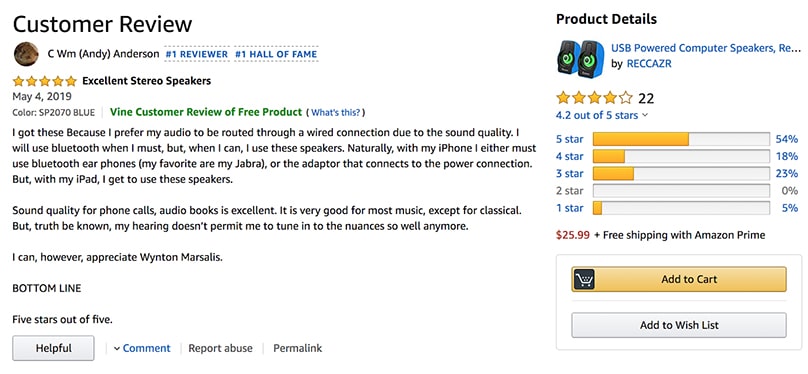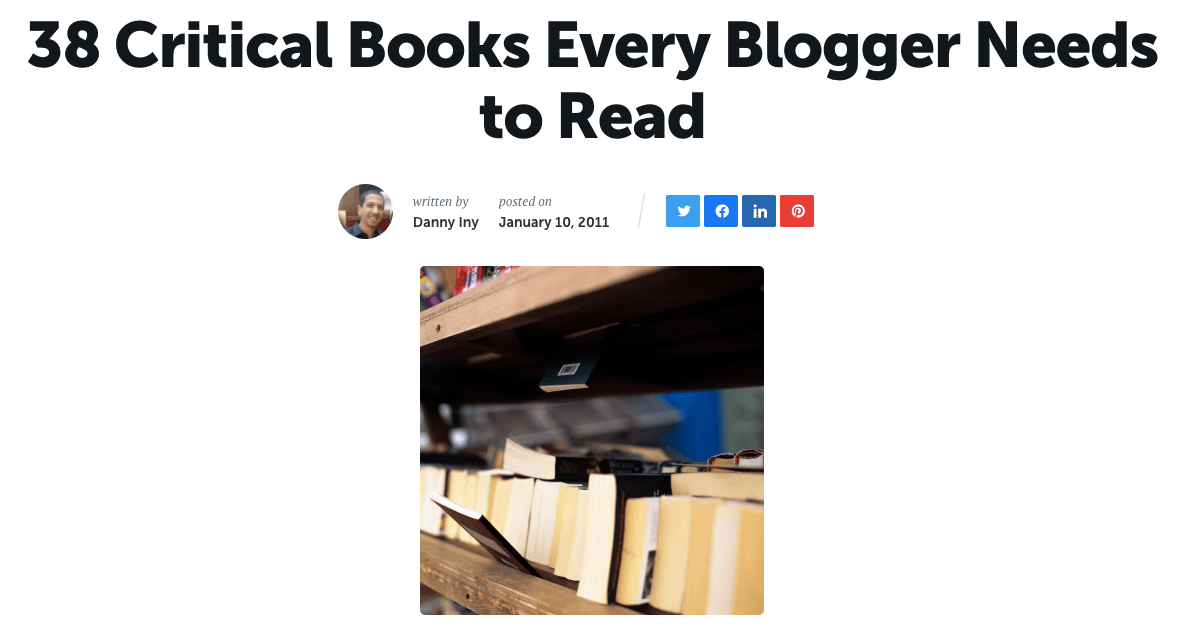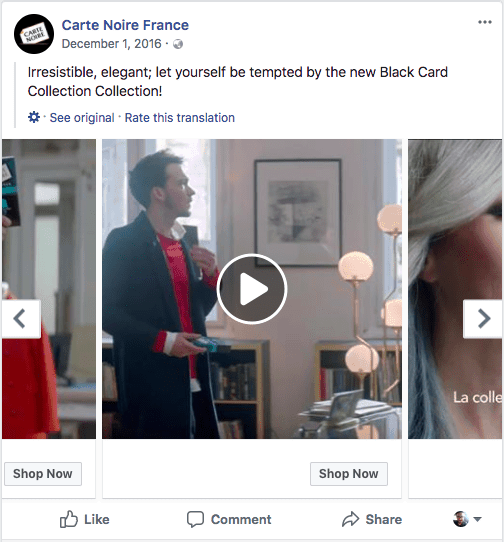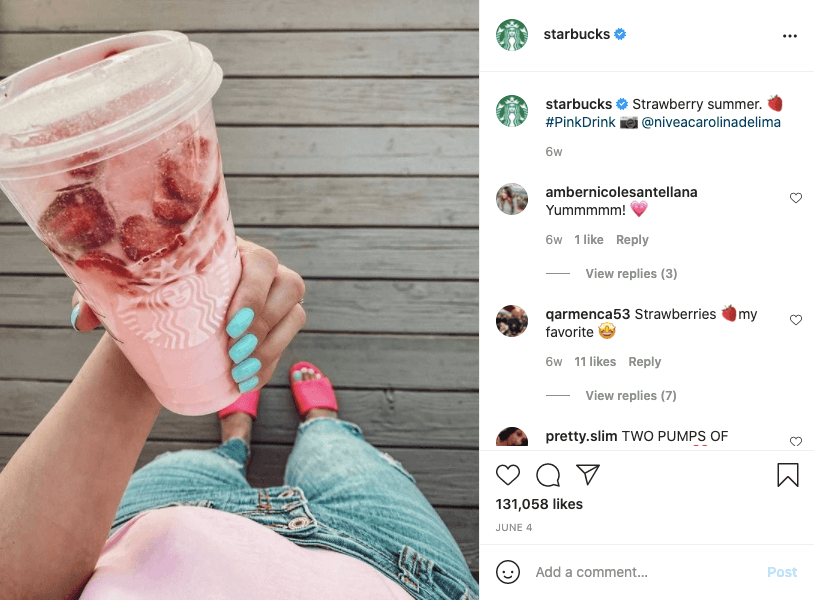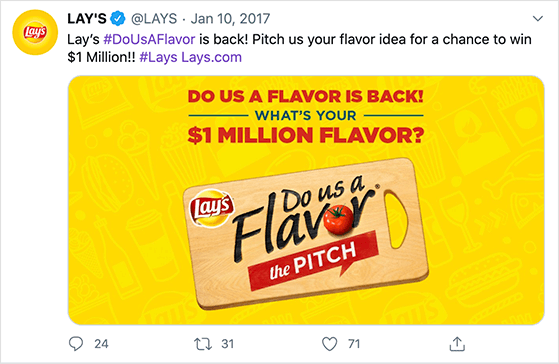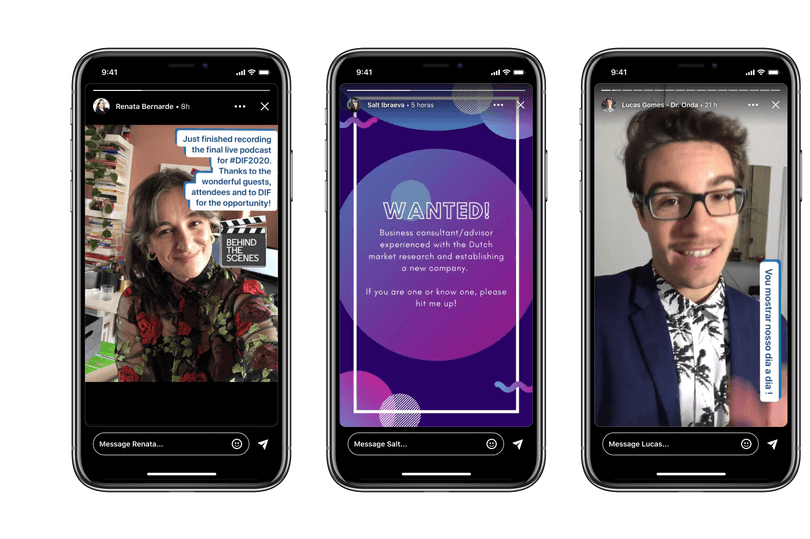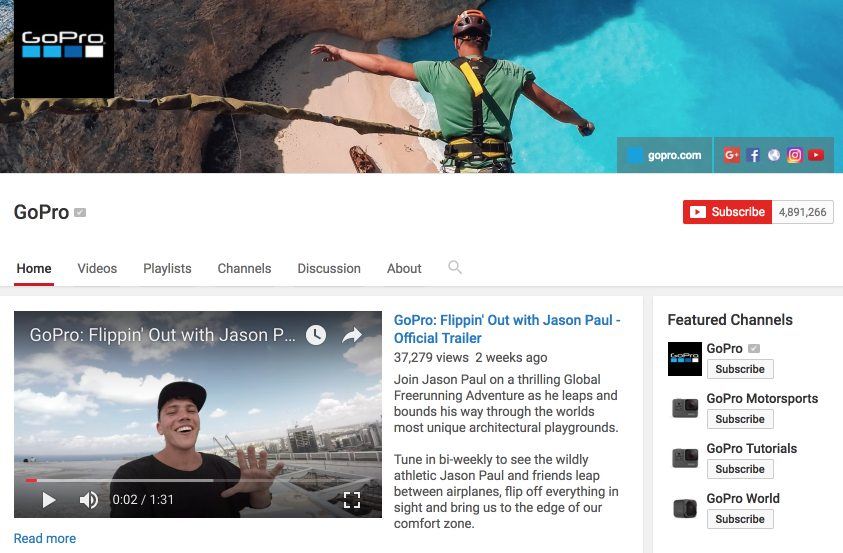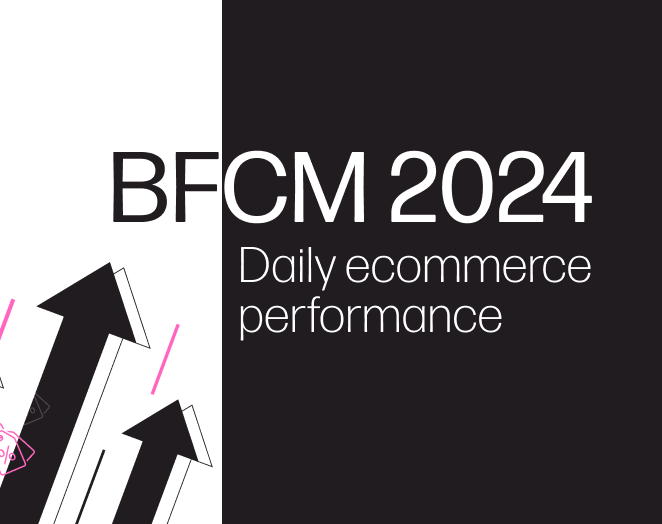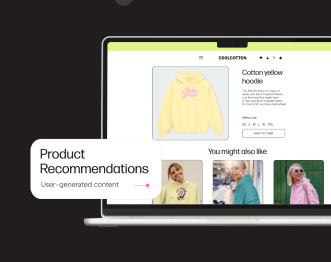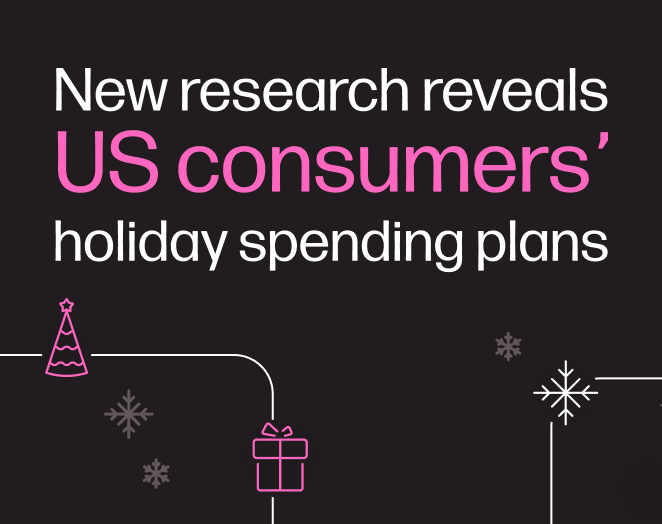Improving Your Customer Experience with the Help of User-Generated Content
With more businesses going remote, in large part due to the ongoing pandemic, brands are increasingly looking at how to improve customer experiences and boost user engagement organically. If you, too, want the lion’s share of your audience’s attention (and the market), this handy guide is for you.
Let’s look at the advantages of driving a positive customer experience and move to understand how user-generated content—or UGC, as it is commonly known—can supercharge your content marketing efforts.
Benefits of improving the customer experience
Delivering a stellar customer experience should be every brand’s priority. Here’s what the data tells us about the benefits of having a good customer experience:
Enhanced sales and improved profit
According to HubSpot, around 68 percent of consumers are willing to pay more for products and services from a brand known to offer good customer service experiences. In fact, HubSpot claims that “93% of customers are likely to make repeat purchases with companies who offer excellent customer service.” The math is simple. The more the volume of sales, the greater the profits for your brand.
Increased brand loyalty
Data by Khoros claims that an overwhelming 83 percent of customers feel more loyal to brands that respond to and resolve their complaints. Furthermore, Salesforce found that if a company’s customer service is excellent, 78 percent of consumers will do business with them again even after a mistake. Clearly, focusing on resolving customer issues quickly and efficiently can boost brand loyalty and turn your existing customers into lifelong-brand champions.
Skyrocketing customer lifetime value
Data collected by Bain & Company show, “An NPS Promoter score has a customer lifetime value that’s 600%-1,400% higher than a Detractor.”
The writing is on the wall: In today’s era of stark competition, improving the customer experience has emerged as a must-have for businesses today—so much so that it serves as the lifeblood of businesses. Without a consistently great customer experience, businesses cannot hope to enjoy the same die-hard fan base that business giants such as Netflix, Amazon, Apple, etc., have.
Now that you have a good understanding of why customer experience is instrumental to your brand’s success, let’s focus on the ‘how’ component.
Ways to implement user-generated content
To make the most out of your content marketing strategy, marketers need to redirect their focus towards user-generated content.
Simply put, user-generated content refers to content that’s created by your brand’s customers or fans for free. It’s an organic endorsement for your brand in the form of images, videos, reviews, social media posts, etc. This can then be leveraged and used as part of your brand’s marketing strategy.
Generally speaking, there are different types of UGC content that brands can use:
Social media posts and stories
One of the most popular forms of UGC, is when users voluntarily post visual stories and social media posts about their favorite brand, product or service. One of the reasons why this strategy works is because they’re inherently personal and relatable in nature, allowing for a better connection with customers. Consider the following example by Lush Cosmetics that expertly puts customer’s product images at the front and center on their Instagram profile:
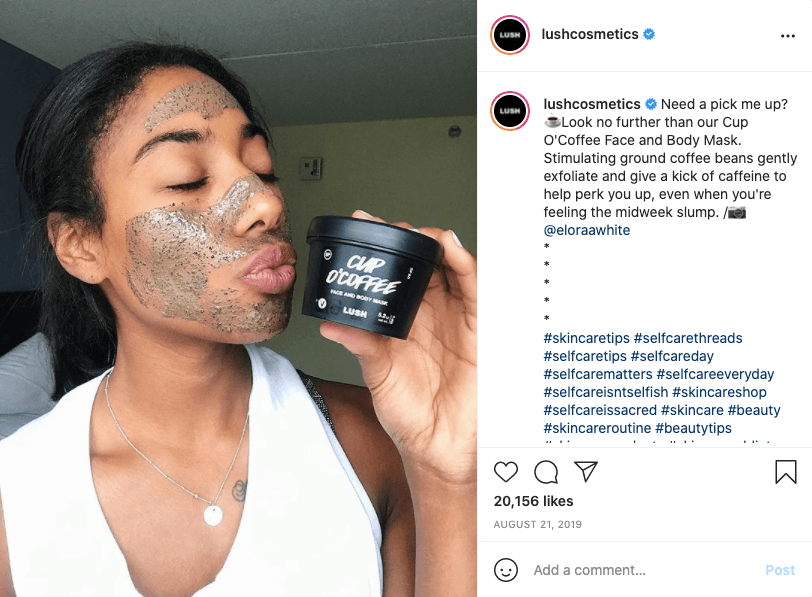
Reviews
Another UGC strategy that pays off huge dividends is encouraging people to write an honest and authentic reviews about a recent purchase. They can do so on your brand’s website or on a third-party site (such as Yelp, Amazon, etc.) where they purchased the product. Brands like Amazon rely heavily on the review style of UGC to encourage new customers to purchase products:
Contributions
This style of UGC refers to unpaid guest blog posts that are written by a third-party for a brand. The writer typically gets the benefit of reaching out to a wider target audience and enjoying greater exposure, while the brand benefits from diversifying its content. Take a look at the following guest blog, which was posted on the Copyblogger website as a guest article:
Comments
These represent the diverse comments that users make when you post content on your social media handles or publish something on your website. This drastically boosts user engagement and encourages a healthy interaction between the brand and its users as Denny’s Diner demonstrates below:
The takeaway: Needless to say, the widespread use of UGC is more commonplace than you think. Most customers are consciously or subconsciously already participating in driving UGC for their preferred brands of choice. Hence, not making use of this killer content marketing strategy alongside your branding efforts will be a wasted opportunity of gigantic proportions.
That said, let’s look at some of the time-tested UGC best practices to keep in mind when driving an improved customer experience.
Pro tip: Before you can leverage UGC for your content branding strategy, it is essential to create a space, platform or forum in which users can actively participate and contribute to your brand’s narrative.
UGC to Improve Your Customer Experience: Top Strategies & Hacks
1. Brainstorm the purpose of a UGC strategy for your brand
Before you go all-out and start building a UGC strategy, think about the primary purpose or end-goal of your UGC initiatives:
- Is it to drive customer engagement or do you wish to boost your brand’s visibility on a particular platform?
- Do you want to engage new leads and instill confidence or do you wish to build a stronger customer relationship and emotional connection?
- Do you wish to drive sales by including relevant CTA buttons, or making content shoppable, within your UGC posts or are they simply educational/entertaining in nature?
- Do you want to drive authenticity or give your audience a platform to capture their voice?
Once you’ve figured out the ‘why’ behind drafting your UGC strategy and narrowed down the top three objectives and goals you have, it will be easier for you to kickstart your UGC campaign in a strategic way.
2. Think about the platform from a strategic standpoint
To gain the maximum benefits of a UGC strategy, you’ll need to understand the different channels that your target audience frequents. Based on the channels you choose to focus on, you can then try to deliver the most relevant UGC to those people. For example, here’s a quick walk-through of the different types of content forms that work best based on the channel type:
Ideal for videos and curated content:
Instagram is perfect for high-res photos, quotes, Stories, hashtags. Here is an example by Starbucks for inspiration:
Twitter should be used for circulating news, blog posts, GIFs, conducting polls/surveys, and driving real-time customer interactions as Lay’s showcases below:
Best-suited for job recruitments, brand news, and professional content:
Most suited for infographics, step-by-step photo guides and hi-res product photos:
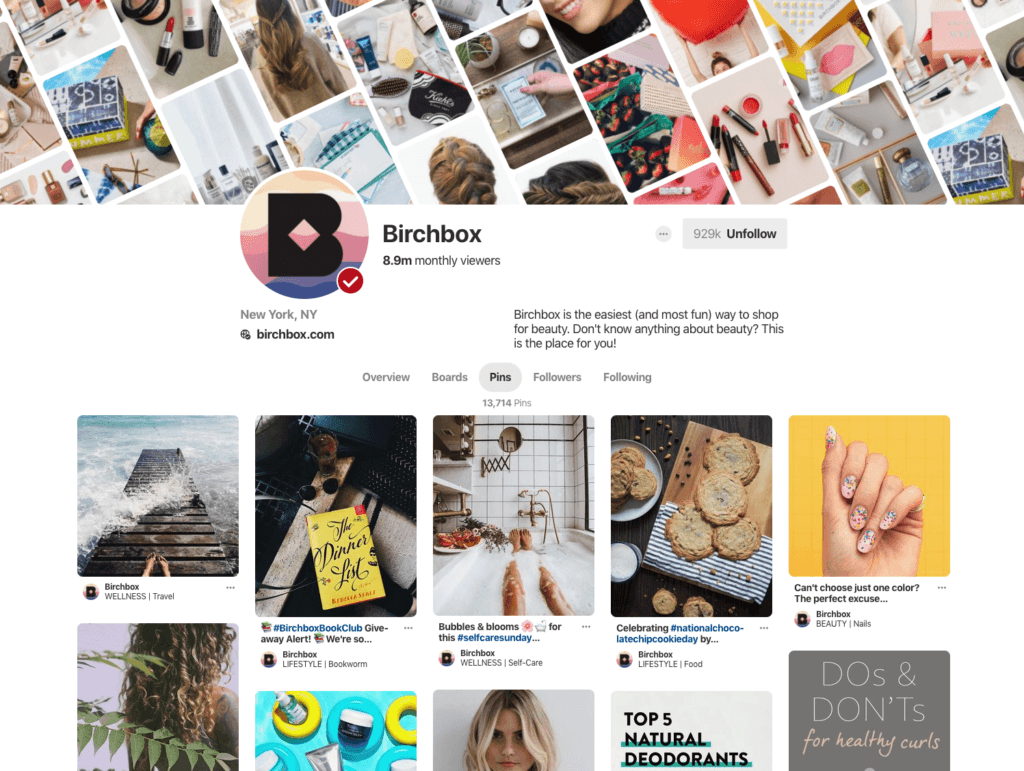
YouTube
Ideal for product reviews and demos as Go Pro’s YouTube channel demonstrates below:
At the end of the day, the more relevant your platform choice, the higher the chances of success are for your UGC campaign.
3. Ask yourself: is the UGC providing value?
One of the main areas where most brands fail when rolling out a UGC campaign is understanding whether or not the content is actually of value to the customer’s life. For instance, for people who proactively share their stories and experiences with your brand, are you engaging in follow-up with them and thanking them for their kind words?
4. Are you rewarding your customers enough?
If you’re lucky enough to have a brand that enjoys an army of loyal followers who are constantly interacting with the brand via UGC content, you should be thinking about how you are rewarding your customers for their invested time and effort. You can offer them deals and discounts or simply send out a hand-written thank you note as John’s Crazy Socks did for one of its loyal customers:
Remember, a small thank you goes a long way. Even notifying your brand’s fans when their UGC is shared to one of your marketing channels can be a reward to them. UGC content should always be a two-way interaction between brand and customer, which can ultimately help your users feel more connected to your brand.
The Bottom Line
“90% of consumers say authenticity is important when deciding which brands they like and support.”
Here’s the long and short of it: user-generated content is any type of content—from social media posts and online reviews to YouTube videos and guest blogs—that your users create with the end-goal of appreciating the brand and its products, and inadvertently promoting the brand that they have come to love.
Given how it is unique to every user’s voice, choice and style, UGC is a fan-favorite among marketers and the audience at large. Integrating this content marketing strategy means you can maximize your brand’s social reach, drive customer loyalty and trust and, ultimately, build a community of like-minded users that connect with the brand on a deeper, more intimate level rather than just on a transactional level.

